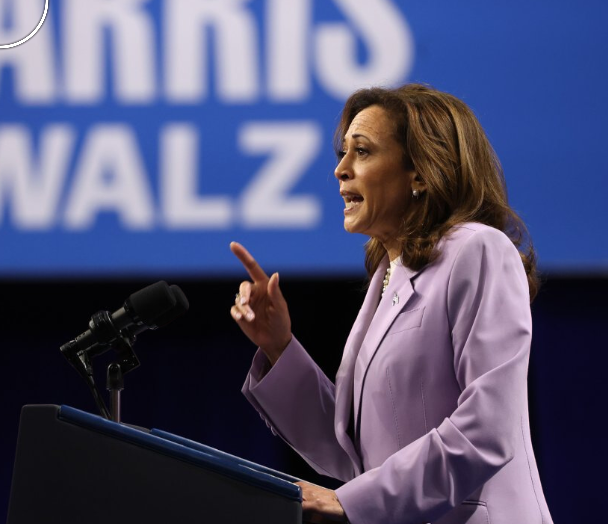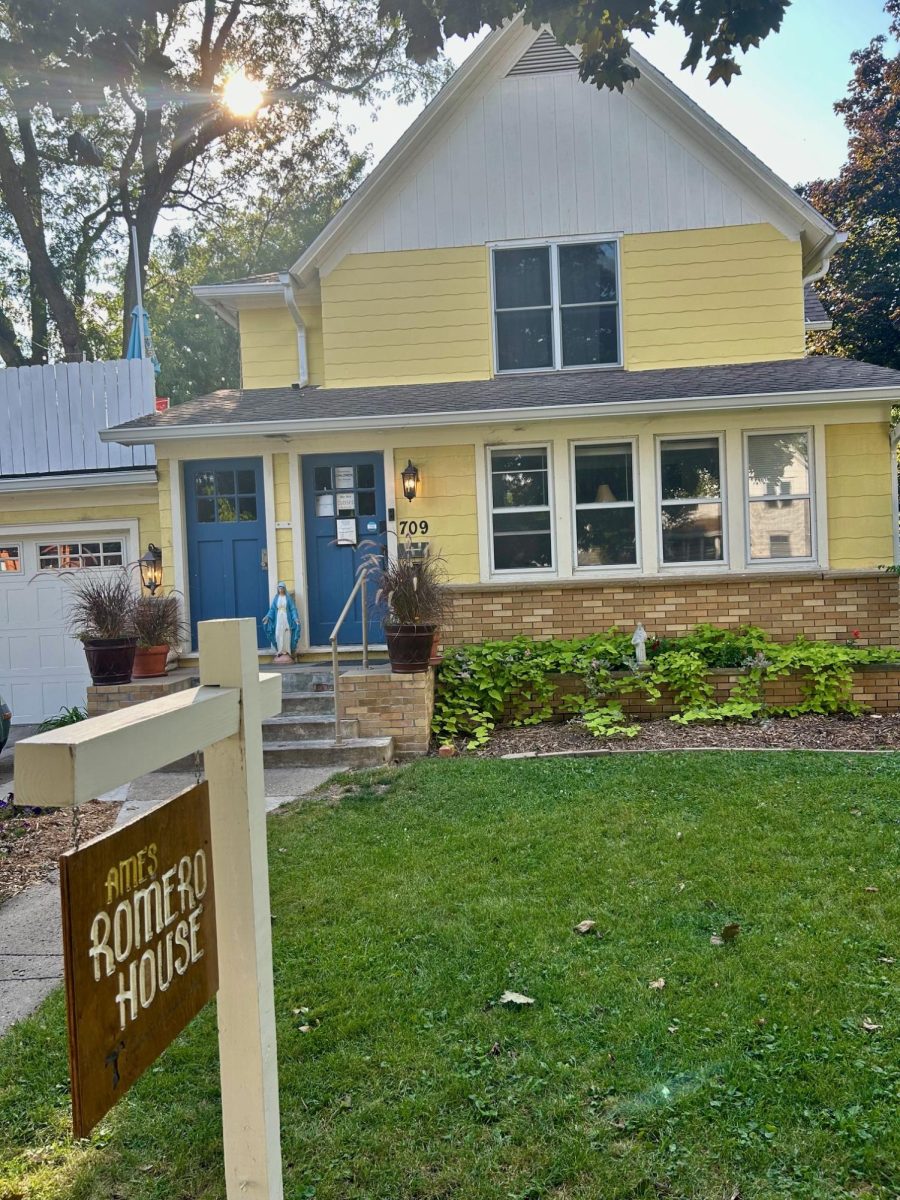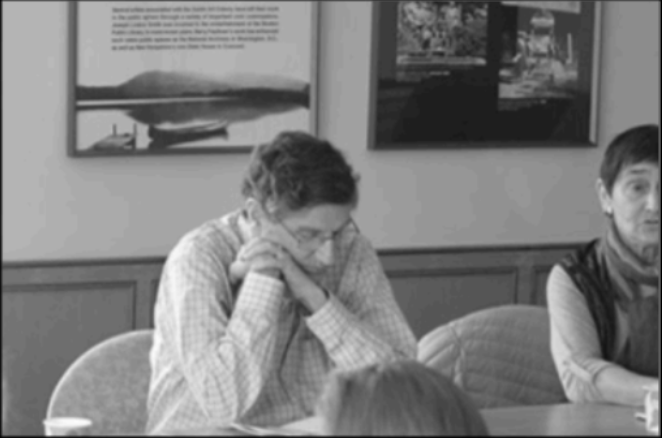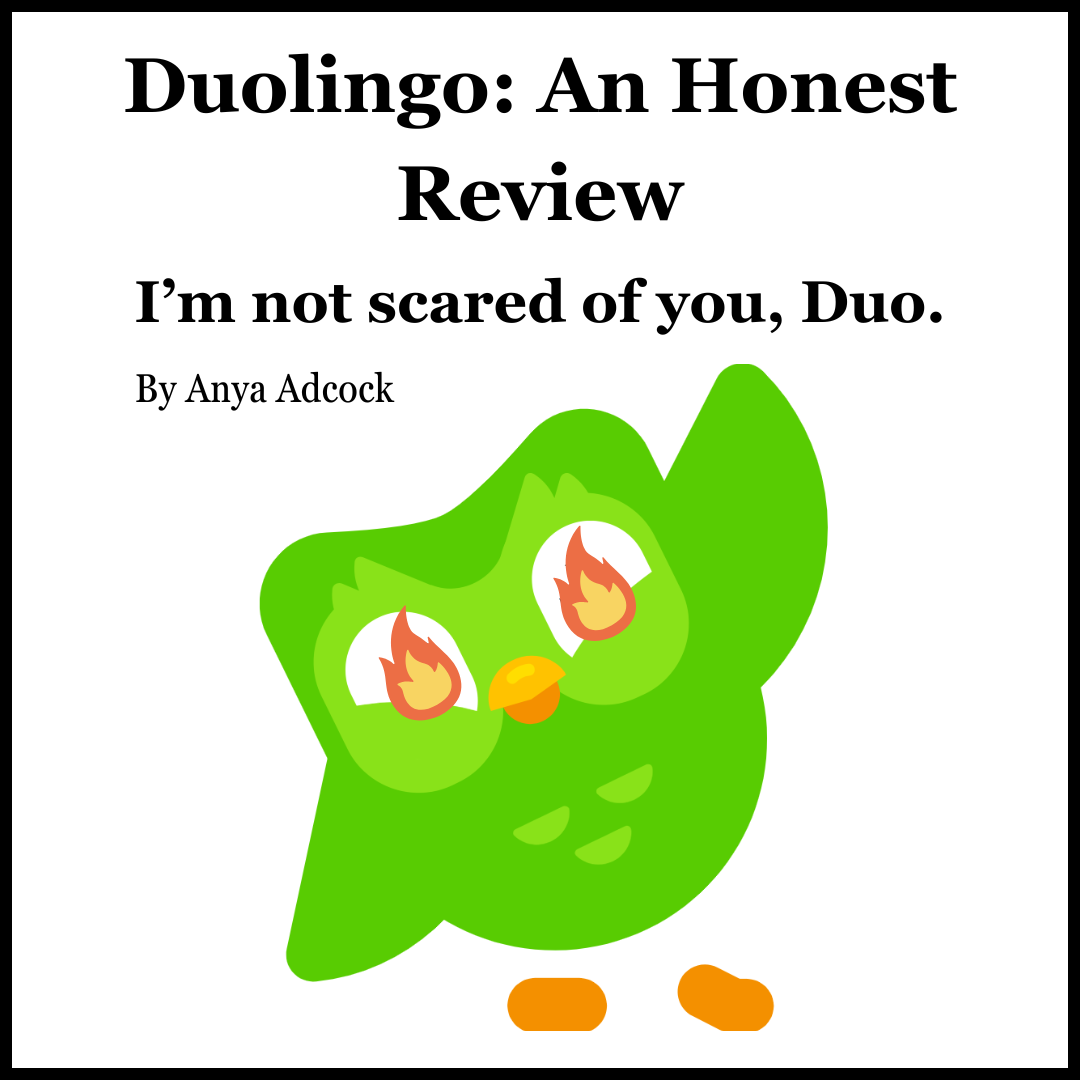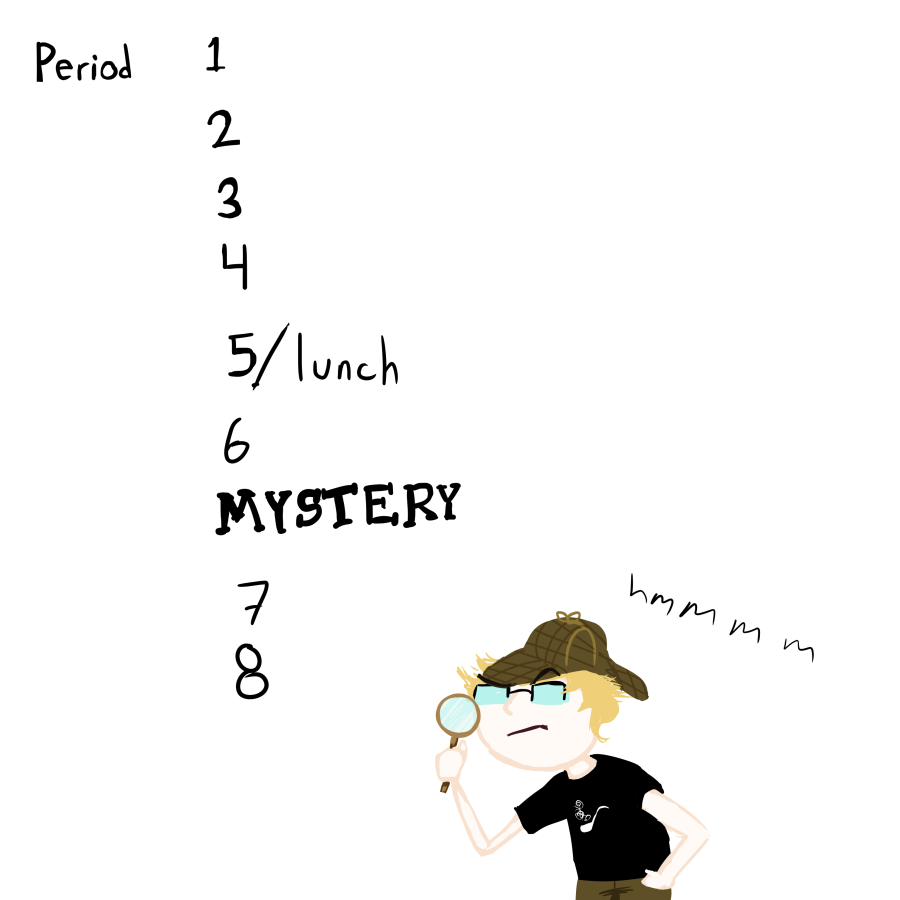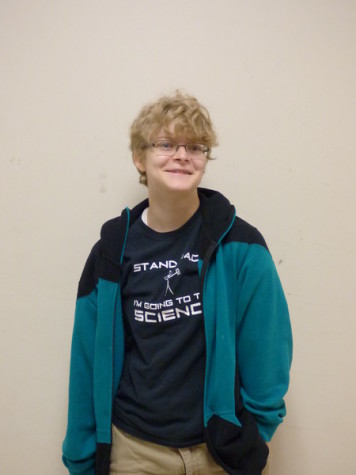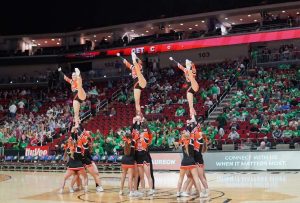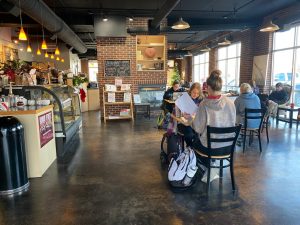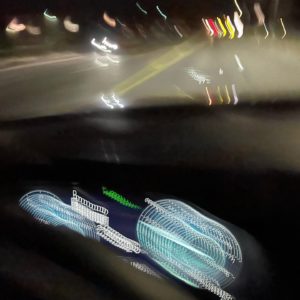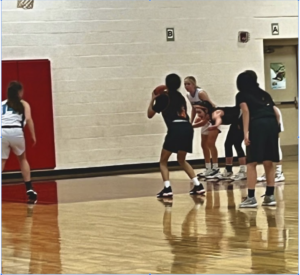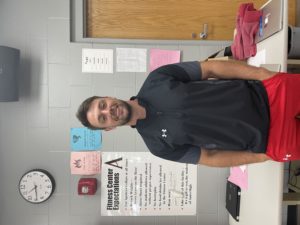The Mystery Period
October 6, 2015
The new plus period has been a point of much debate and contention; however, no one in the general public seems to have any idea how it is supposed to work.
“What we are trying to do is make sure we do this right, so we’re focusing in on the faculty right now.” Mr. Anderson said.
“It’s between 6th and 7th period. It’s half an hour. It’s every day but Wednesday,” said junior Jana Kim of the new plus period when asked to list all she knows about how it will work.
“I know we had it for the first two weeks and I did not like it,” an anonymous student said, in response to the same question.
Math teacher Troy Hill explained that there will be three different kinds of plus periods: extension, support, and intervention.
The extension periods, according to Mr. Anderson, will be hosted just once a week by a teacher, but students can go to many different teacher’s extension programs. For those of you who have been homeschooled, these extension periods will be run similarly to homeschool assistance programs. There will be no grades or assignments, but you can still learn something that might be covered in a class that you don’t have had time in your schedule for. It is also ideal for testing the waters of a class. For example, if you weren’t sure whether or not to take APUSH, you could sit in on one of Mooney’s extension periods and see what the class is like.
The support periods will be 4 days a week, and will be run similarly to study halls, with students and teachers supporting other students. However, teachers are quick to clarify that it is not a study hall.
“There are specific questions that students are coming in with,” Mr. Anderson said, “whereas in study halls you’re just there to do your work.”
The intervention period will also be once a week, like the extension periods, and will have a maximum of 8 students per class. This period will be for students who need more help, and be requested by either the student or the teacher. These class periods are designed so teachers and students can discuss things in smaller groups.
“I think we’ve all had experiences where it just helps to discuss something one on one,” Hill said.
Looking at it from a teacher’s standpoint, these extra periods could be a very good idea. From a student’s standpoint, however, there seems to be more gray area.
“I think it could be a good idea, but I don’t know if it’ll be a good idea for a large percentage of people,” an anonymous student said.
There will be a trial run of the plus periods in the next few weeks, and we will find out more about these periods then.

